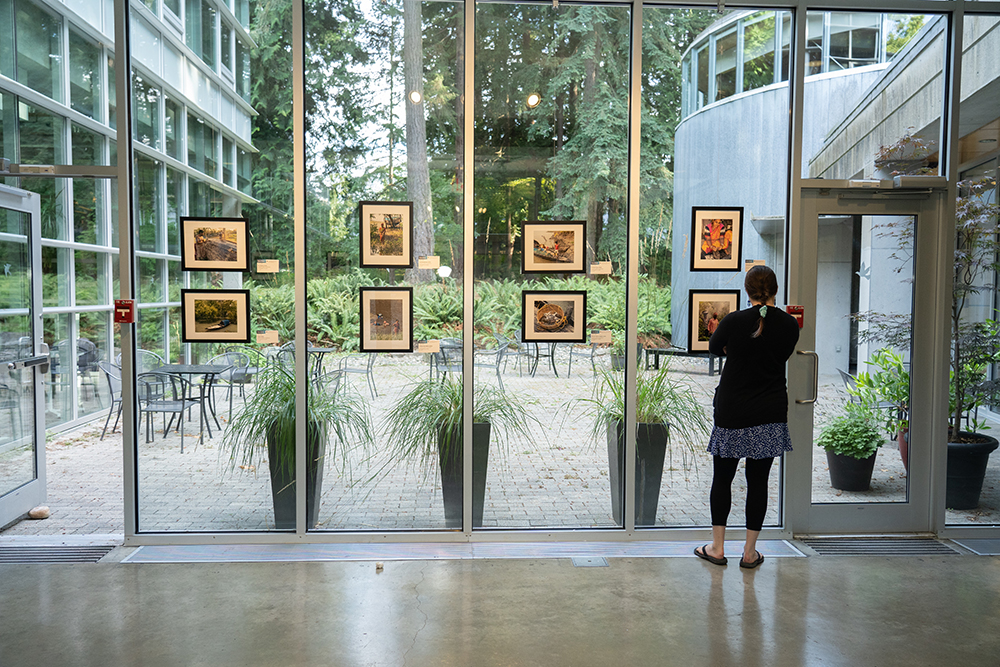In this talk, I will consider the emergence of the barbarian-hero persona in Ming-Qing vernacular novels in connection to the development of Chinese cultural identity.
As an emerging and popular character archetype found across a number of vernacular novels during the late Imperial period, the barbarian-hero is defined by two qualities: his barbarian-like physical (and mental) features and the fact that he is presented as a Chinese hero in the literature concerned. Personalities who do not fit into the above framework include Meng Huo 孟獲, who despite his barbaric lineage was never presented in contemporary literature and drama as a heroic figure with whom the Han ethnic could identify, and Ma Chao 馬超 (176–222), who possesses many “Chinese” virtues like loyalty and bravery but lacks the physical features of a foreigner. What makes the barbarian-hero unique is his ability to simultaneously carry these two seemingly contradictory traits—his Chinese identity and non-Chinese physicality—in perfect harmony. Some better-known characters who fit this mold include Zhang Fei 張飛, Li Kui 李逵, Cheng Yaojin 程咬金, Jiao Zan 焦贊, and Niu Gao 牛皋. While the stories of many of these characters were already in circulation as early as the Song dynasty, this paper argues that their visual imagination, whether on stage or in text, did not acquire its barbaric characteristics until the Yuan dynasty – the first foreign dynasty to rule the entire China Proper.
In order to provide a more concise argument, the focus of my discussion will be limited to Zhang Fei, whose development in the fictional tradition provides the first and a more or less analogous exemplar to the “barbarization” of all barbarian-hero characters. In particular, I wish to highlight the connection between the emergence of the character as an impulsive and unintelligent brute and his distinctive barbaric features, such as the dark skin and full beard. By tracing the interconnectivities between such internal characteristics and the external physical traits to society’s conception of the idea of foreignness at the time, I hope to use the barbarian-hero as a focal point to discuss the changing concept of foreignness during the Song-Yuan period, and the extent to which it played a role in the conception of Chineseness during this time.


